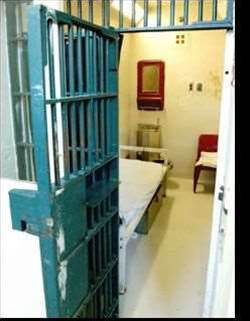Citizens of the United States are no longer allowed to unlock their smartphones after an official decree banning the practice came into effect over the weekend.

Unlocking handsets enables them to be used on networks other than the ones for which they were purchased.
Up until January 26, US consumers were able to ask their carrier to unlock the phone under the Digital Millennium Copyright Act (DMCA), but this right has now been taken away from them with the new law.
Writing in The Atlantic, Republican political strategist Derek Khanna called the anti-unlocking decree "the most ridiculous law of 2013" and called for a review of the DMCA and other intellectual property legislation.
The ban on unlocking phones was actually announced in October last year by the Librarian of Congress, which found that the procedure amounted to infringing on firmware copyrights.
So-called jail-breaking to allow a phone to run other than officially sanctioned applications, and unlocking bootloaders to install alternative firmware, or to gain administrative privileges on a device through rooting it, are not covered by the new law.
The Librarian of Congress threatens smartphone unlockers with heavy penalties, both in terms of fines and prison with no mercy shown to first-time offenders.
"In some situations, first time offenders may be fined up to $500,000, imprisoned for five years, or both. For repeat offenders, the maximum penalty increases to a fine of $1,000,000, imprisonment for up to ten years, or both,* the decree of the Librarian of Congress states.
Text of the October 2012 Library of Congress, Copyright Office, ruling on exemption to prohibition of circumvention of copyright protection systems for access control technologies:
DMCA Rules 2012 posted by Andrew Couts





.png&h=140&w=231&c=1&s=0)



_(26).jpg&w=100&c=1&s=0)

 iTnews Executive Retreat - Security Leaders Edition
iTnews Executive Retreat - Security Leaders Edition








_(1).jpg&h=140&w=231&c=1&s=0)



